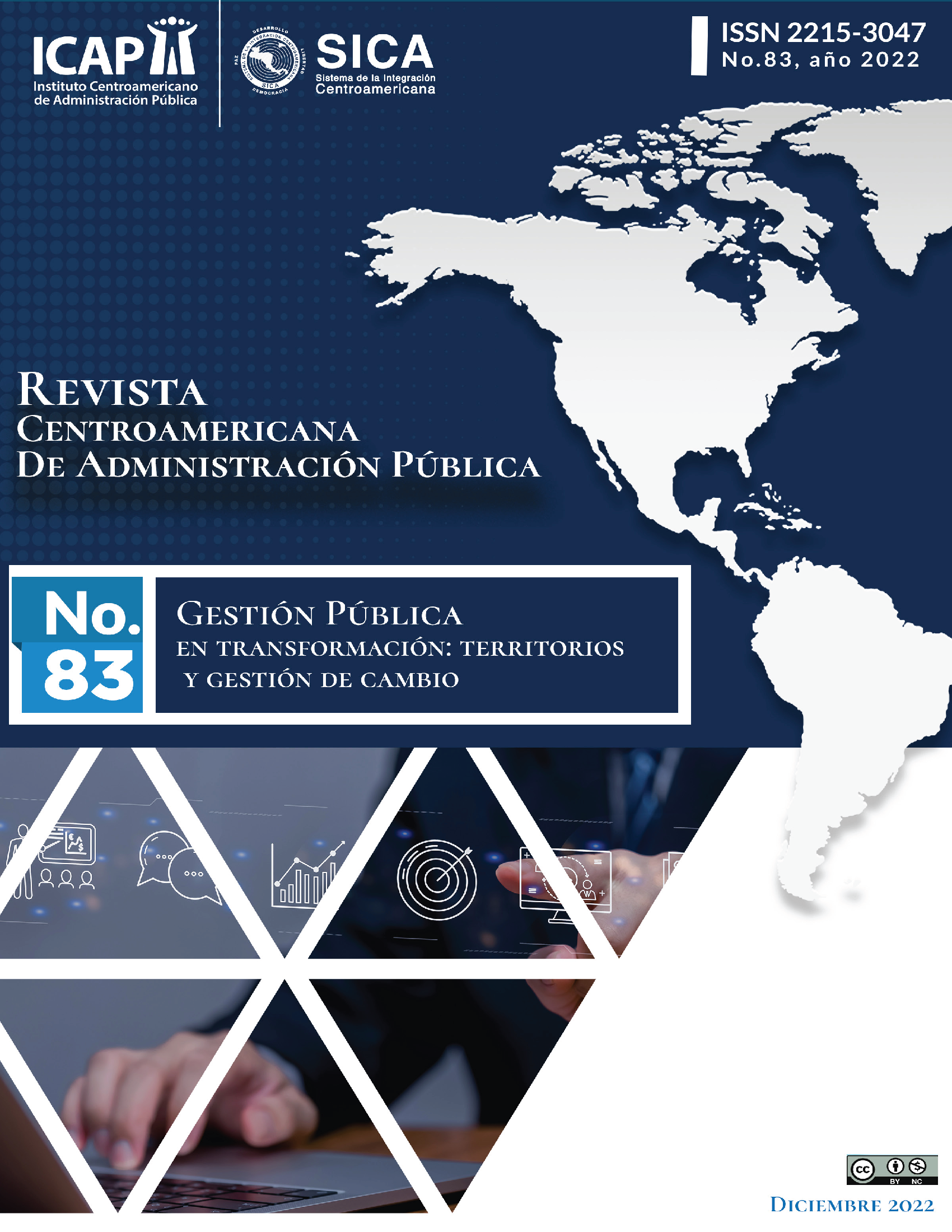Territorial rural development councils are key players in territorial governance.
Keywords:
RURAL DEVELOPMENT, GOVERNANCE, ADVICEAbstract
This article seeks, in a first theoretical approach, to establish the scope of the various models and approaches to territorial development that have conceptually established the ways in which they develop and evolve from the spatial to the integral. In addition to the tour to situate theoretically the scopes of this model in global terms, a review is made by way of referential framework on the approach of the concept of territorial governance, which is placed as a parameter to identify the way in which the actors and their interactions are part of real processes of transformation of the environments in which they are returned. A second moment is dedicated to review the figure of the Territorial Rural Development Councils (CTDR), instances that were created in Costa Rica through Law 9036 under a multilevel governance perspective. With a series of scopes and limitations that, seen in retrospect, although they are an important advance in the promotion of a development model based on territoriality, they eventually consider a series of challenges that must be addressed as soon as possible to achieve their sustainability. Finally, a series of reflections are made on the path taken in terms of territorial governance in Costa Rica, with the intention of opening the debate and marking routes for further research to strengthen a model that has transformed the vision of how to understand development and growth from the territories.










